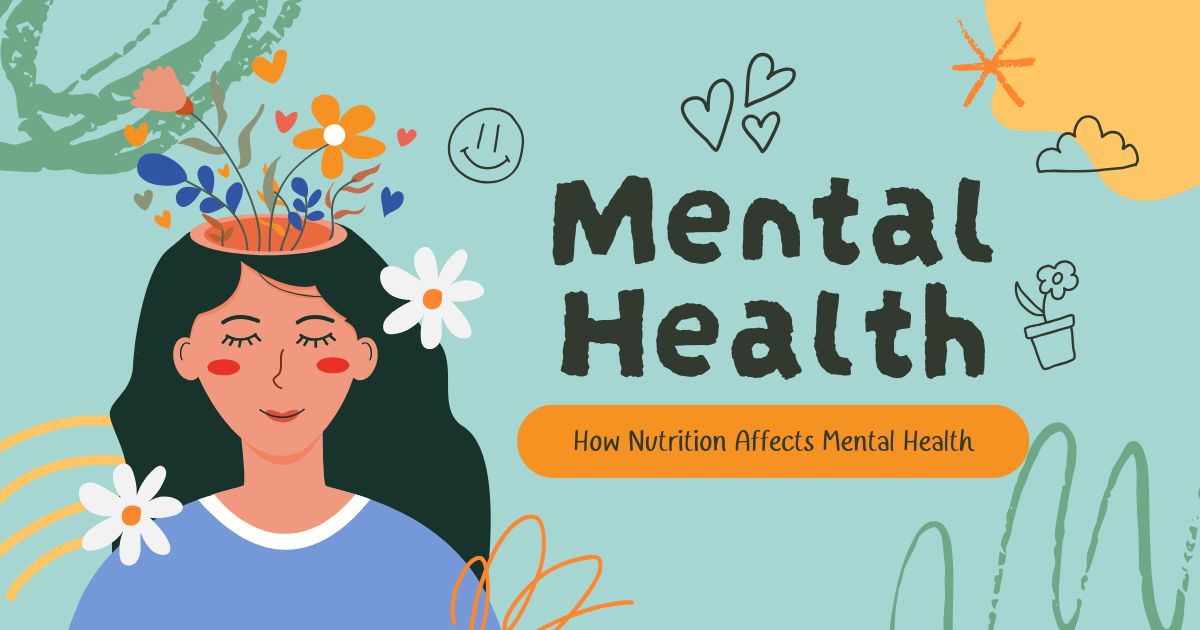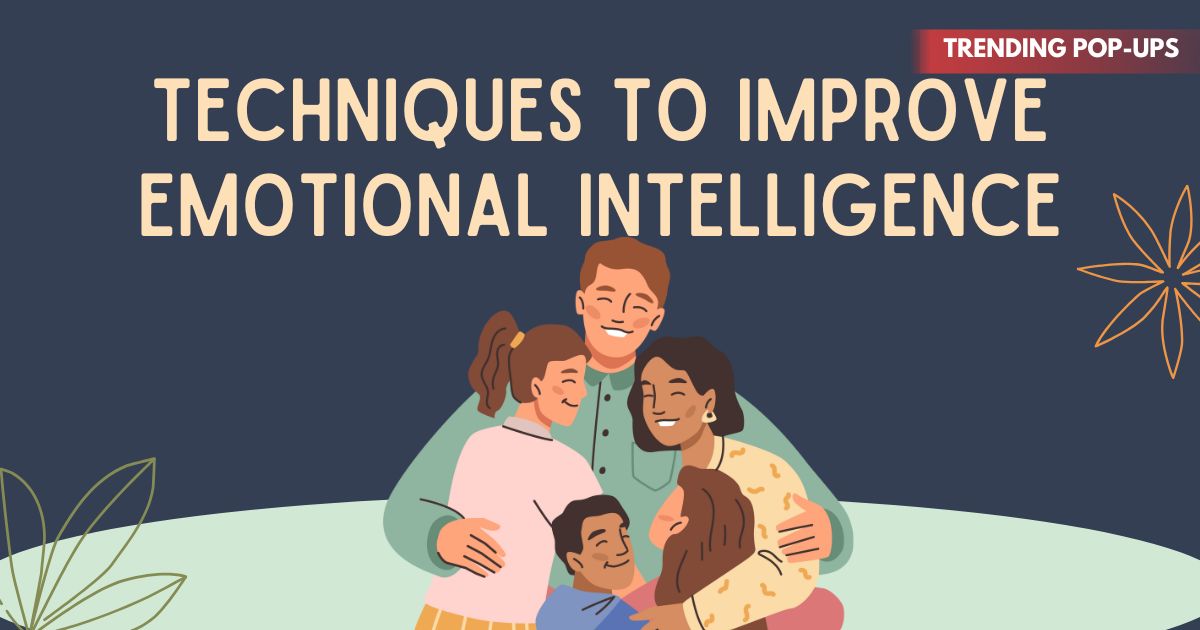Mental health is influenced by a combination of genetics, environment, lifestyle, and nutrition. While therapy, exercise, and stress management are commonly discussed, the role of nutrition in mental well-being is often overlooked. Emerging research suggests that a balanced diet rich in essential nutrients can significantly impact mood, cognition, and emotional resilience.
This article explores the connection between diet and mental health, highlighting nutrient-rich foods, dietary patterns, and practical tips to support a healthy mind.
The Connection Between Nutrition and Mental Health
The brain requires a constant supply of nutrients to function optimally. Neurotransmitters—chemical messengers like serotonin and dopamine—are directly influenced by the nutrients we consume. Poor nutrition can impair neurotransmitter production, leading to mood swings, anxiety, depression, and cognitive decline.
Key factors linking nutrition to mental health:
-
Gut-Brain Axis: The gut microbiome communicates with the brain, affecting mood and cognitive function.
-
Inflammation: Diets high in processed foods and sugar can trigger systemic inflammation, which is linked to depression and anxiety.
-
Blood Sugar Levels: Sudden spikes and crashes in glucose levels can lead to irritability, fatigue, and difficulty concentrating.
Essential Nutrients for Mental Health
Certain nutrients play a pivotal role in maintaining optimal brain function and emotional balance:
1. Omega-3 Fatty Acids
-
Sources: Fatty fish (salmon, sardines), flaxseeds, chia seeds, walnuts
-
Benefits: Support brain structure, reduce inflammation, and improve mood regulation
2. B Vitamins
-
Sources: Leafy greens, whole grains, eggs, legumes
-
Benefits: Crucial for neurotransmitter synthesis; deficiency linked to depression and fatigue
3. Vitamin D
-
Sources: Sunlight, fortified dairy, mushrooms, fatty fish
-
Benefits: Low levels are associated with depression, seasonal affective disorder, and cognitive decline
4. Magnesium
-
Sources: Spinach, pumpkin seeds, almonds, black beans
-
Benefits: Regulates stress response, promotes relaxation, and supports sleep
5. Zinc
-
Sources: Pumpkin seeds, lentils, chickpeas, seafood
-
Benefits: Influences mood, reduces anxiety, and supports immune function
6. Antioxidants
-
Sources: Berries, dark chocolate, nuts, colorful vegetables
-
Benefits: Combat oxidative stress that can negatively impact brain cells
Gut Health and Mental Wellness
The gut and brain are connected through the gut-brain axis, a communication network involving nerves, hormones, and the immune system. A healthy gut microbiome produces neurotransmitters and anti-inflammatory compounds that support mental health.
Tips for a gut-friendly diet:
-
Include fermented foods like yogurt, kefir, kimchi, and sauerkraut
-
Eat fiber-rich foods like whole grains, fruits, and vegetables
-
Limit processed foods and added sugars that disrupt gut bacteria
Dietary Patterns That Support Mental Health
Certain overall dietary patterns are associated with better mental health outcomes:
1. Mediterranean Diet
-
Emphasizes fruits, vegetables, whole grains, fish, nuts, and olive oil
-
Linked to lower rates of depression and cognitive decline
2. Anti-Inflammatory Diet
-
Focuses on foods that reduce inflammation: leafy greens, berries, turmeric, fatty fish
-
Helps improve mood and decrease anxiety
3. Balanced Diet with Stable Blood Sugar
-
Combines protein, complex carbohydrates, and healthy fats in each meal
-
Reduces mood swings and improves energy levels
Foods That May Negatively Impact Mental Health
Certain foods can exacerbate mood disorders or impair cognitive function:
-
Sugary and processed foods: Can cause blood sugar spikes and inflammation
-
Refined carbs: White bread, pastries, and pasta may increase anxiety
-
Excess caffeine: Can trigger anxiety and disrupt sleep
-
Alcohol: Impairs neurotransmitter balance and contributes to depression
Practical Tips for Nutrition and Mental Well-Being
-
Start the Day with a Balanced Breakfast – Include protein, healthy fats, and complex carbs to stabilize energy.
-
Snack Wisely – Nuts, fruits, or yogurt support mood and prevent energy crashes.
-
Stay Hydrated – Dehydration can impair concentration and increase irritability.
-
Plan Meals Ahead – Reduce reliance on processed foods by preparing nutrient-rich meals.
-
Limit Highly Processed Foods – Focus on whole, natural foods to nourish both body and mind.
Sample Daily Meal Plan for Mental Health
Breakfast: Oatmeal with blueberries, walnuts, and chia seeds
Snack: Greek yogurt with flaxseeds
Lunch: Grilled salmon salad with leafy greens, avocado, and olive oil
Snack: Handful of almonds and an apple
Dinner: Lentil soup with steamed broccoli and quinoa
Beverage: Green tea or water
Conclusion
Nutrition plays a crucial role in mental health, influencing mood, cognition, and emotional resilience. By prioritizing nutrient-dense foods, maintaining gut health, and adopting balanced dietary patterns like the Mediterranean diet, individuals can support their brain function and overall well-being. Combining mindful eating with lifestyle strategies such as exercise, sleep, and stress management maximizes mental health benefits.
Also Read : Meal Planning for Busy People: Healthy Eating Made Simple
FAQs
Q1. Can improving my diet help with anxiety or depression?
Yes. A nutrient-rich, balanced diet can improve neurotransmitter function and reduce inflammation, positively impacting mood.
Q2. How soon can I notice changes in mental health from diet?
Some improvements, such as better energy or reduced irritability, may appear in a few weeks, but consistent dietary habits are essential for long-term benefits.
Q3. Are supplements necessary for mental health?
Supplements like omega-3, vitamin D, or B vitamins may help if dietary intake is insufficient, but whole foods are preferred.
Q4. Can gut health really influence my mood?
Absolutely. A healthy gut microbiome produces neurotransmitters and reduces inflammation, directly affecting mood and cognition.
Q5. What’s the most important dietary change for mental well-being?
Adopting a balanced, nutrient-dense diet rich in whole foods, fiber, and healthy fats while reducing processed foods is the most effective strategy.



